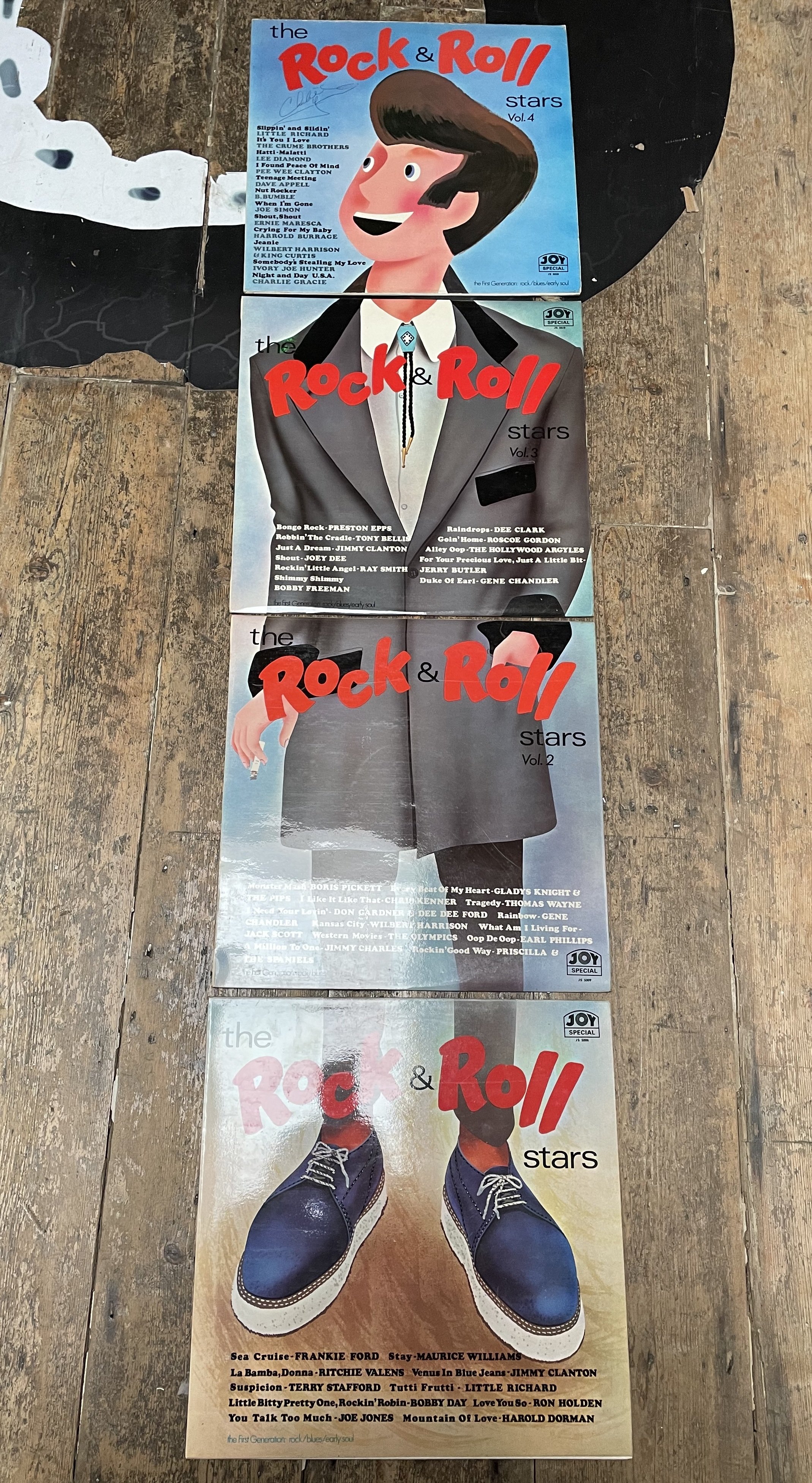John Cabree’s The World of Rock (Fawcett Gold Medal, 1968) makes a claim to be the first book of rock history [here] which may or may not be true but like all its competitors it would have been out of date even before the author had read the proofs. By the early summer of 1968 the Yardbirds were no more; here though they are still an active force and their Little Games album is given a rare positive spin. Their demise, however, is implicit in their relegation to being a ‘second string’ British act, below even the Bee Gees . . . There really could be no return after that billing
THE SECOND STRING
The new snobbishness among record buyers has had one distressing side effect – the waning interest in the work of the lesser English groups. There are several besides the Beatles, the Stones, the Who, and the Bee Gees who should not be overlooked. The most important of these are the Yardbirds, the Hollies, and the Kinks.
. . . The Yardbirds were the most exciting experimental rock group of the first several years of the British revival. Always a step or two ahead of the Rolling Stones, they pushed rock further structurally and harmonically any other group. They had a few medium-size hits. their main influence came through album sales to other groups and live appearances (they are the group that breaks up the guitar in Antonioni's Blow Up).
Their biggest problem on record has always been lack of discipline. They would engage in interesting harmonic, instrumental, or structural experiments— baroque chants, electric saws, and so on—and they had, in Eric Clapton and Jeff Beck consecutively, two of the best guitarists in Britain. However they often released tracks that needed to be worked out further in the studio.
On their newest release the Yardbirds are with producer Mickie Most (Herman's Hermits, Donovan, early Animals), and the result is an album as exciting as their earlier ones and a good deal more ordered. The range is wide and the writing is improved.
Highlights include a beautifully commercial song about maturation (“Little Games”); a harsh, bluesy “Smile on Me”; a remarkable fusion of folk rock and Eastern music in “White Summer” ; a gay adaptation of the nursery rhyme “Tinker Tailor Soldier Sailor”; a thing called “Glimpses”, which sounds as if it might be the theme from a hippie movie; a beautiful folk-rock tune called “Only the Black Rose”; and “Little Soldier Boy”, an anti-war protest, in the background of which there is an ironic trumpet parodying both martial music and Beatles baroque.
Linda Eastman provided many of the book’s choice images







